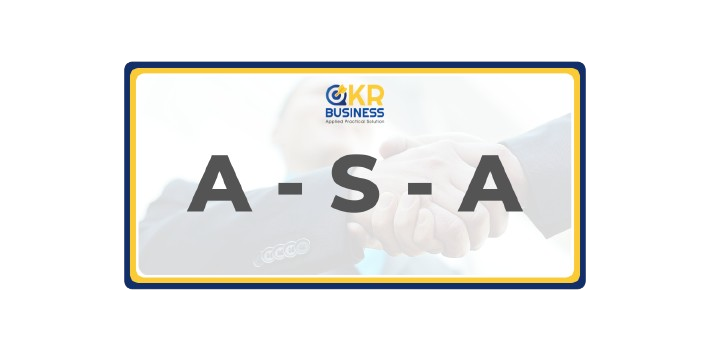Negotiation Skills: The Key to Success in Business and Life
Negotiation skills are not just crucial in business; they play a vital role in everyday life. Every negotiation directly impacts the success of relationships, both professional and personal. In today’s dynamic business landscape, understanding and applying effective negotiation strategies can lead to mutually beneficial agreements, creating lasting value for all parties involved.

Harvard Business School – One of the leading business schools in the world
The Harvard Negotiation Philosophy: From Competition to Collaboration
According to Harvard Business School (HBS), negotiation should not be viewed as a battle to win, but as an opportunity to optimize value for everyone. The Harvard Negotiation Project (HNP) has developed a collaborative approach that focuses on finding mutually beneficial solutions, building sustainable relationships, and fostering long-term cooperation.
Core Principles of the Harvard Negotiation Method:
- Separate the people from the problem: Address issues objectively, preventing personal emotions from dominating the negotiation process and avoiding unnecessary conflict.
- Focus on interests, not positions: Understand the underlying needs and goals of all parties, rather than solely defending one’s own position. This allows for the discovery of creative solutions that satisfy everyone’s interests.
- Invent options for mutual gain: Instead of limiting the discussion to one or two fixed options, strive to generate a wide range of possibilities to maximize the chances of finding a solution that suits both sides.
- Use objective criteria: To prevent emotions from hindering the negotiation, utilize fair and reasonable standards accepted by all parties to evaluate options, ensuring a smoother and more effective process.
Long-Term Impact of a Collaborative Negotiation Philosophy

Negotiation skills are one of the most important soft skills everyone needs
Adopting a collaborative negotiation approach not only resolves current conflicts but also lays the foundation for developing and strengthening long-term relationships. When parties work together towards the shared goal of maximizing value for everyone, the results extend beyond immediate benefits and foster trust.
- Building Trust and Credibility: Partners will appreciate your willingness to cooperate and your respect for their perspectives.
- Expanding Your Network: Create opportunities for future collaboration based on strong, sustainable relationships.
- Enhancing Work Efficiency: Foster a positive work environment where conflicts are resolved effectively.
- Personal Development: Enhance communication, empathy, and emotional regulation skills, improving your ability to manage complex situations.
Applying a collaborative philosophy in negotiation is not just a solution for current negotiations; it’s a strategy for building lasting relationships in both business and personal life.
Negotiation as Effective Interaction
Successful negotiation is not just about what you say, but also how you listen and respond. Active listening not only helps you understand the perspectives and needs of the other party, but also allows you to grasp underlying messages, emotions, and motivations. This enables you to tailor your approach, adjust your stance effectively, and create an open dialogue, avoiding unnecessary confrontation. Pay attention to these three fundamental questioning techniques for optimal results:
- Open-ended questions: Encourage the other party to share information and thoughts freely.
- Probing questions: Clarify meanings and gain a deeper understanding of the other party’s viewpoint.
- Avoid closed-ended questions: Refrain from using closed-ended or leading questions that may make the other party feel pressured or uncomfortable.

Negotiation is a key process in most business and life acvitities
Clear and persuasive communication is essential for conveying your message effectively, minimizing misunderstandings, and building trust. Present your viewpoint with honesty and transparency, allowing the other party to feel confident in your good intentions.
Flexibility is key to overcoming challenges in negotiation. Instead of rigidly defending a fixed position, be open to different possibilities and solutions. This not only allows you to adapt quickly to changing circumstances but also creates opportunities to explore new options that may benefit both sides or unlock new negotiation possibilities.
Finally, whether in business or personal life, remember that negotiation is not a struggle for absolute victory. According to the HBS philosophy, effective negotiation skills are value-creation processes where parties work towards a mutually beneficial agreement. Calmness and patience will help you navigate disagreements and find solutions that satisfy everyone. This approach not only helps us build lasting relationships but also opens doors to future collaboration and sustainable success.




